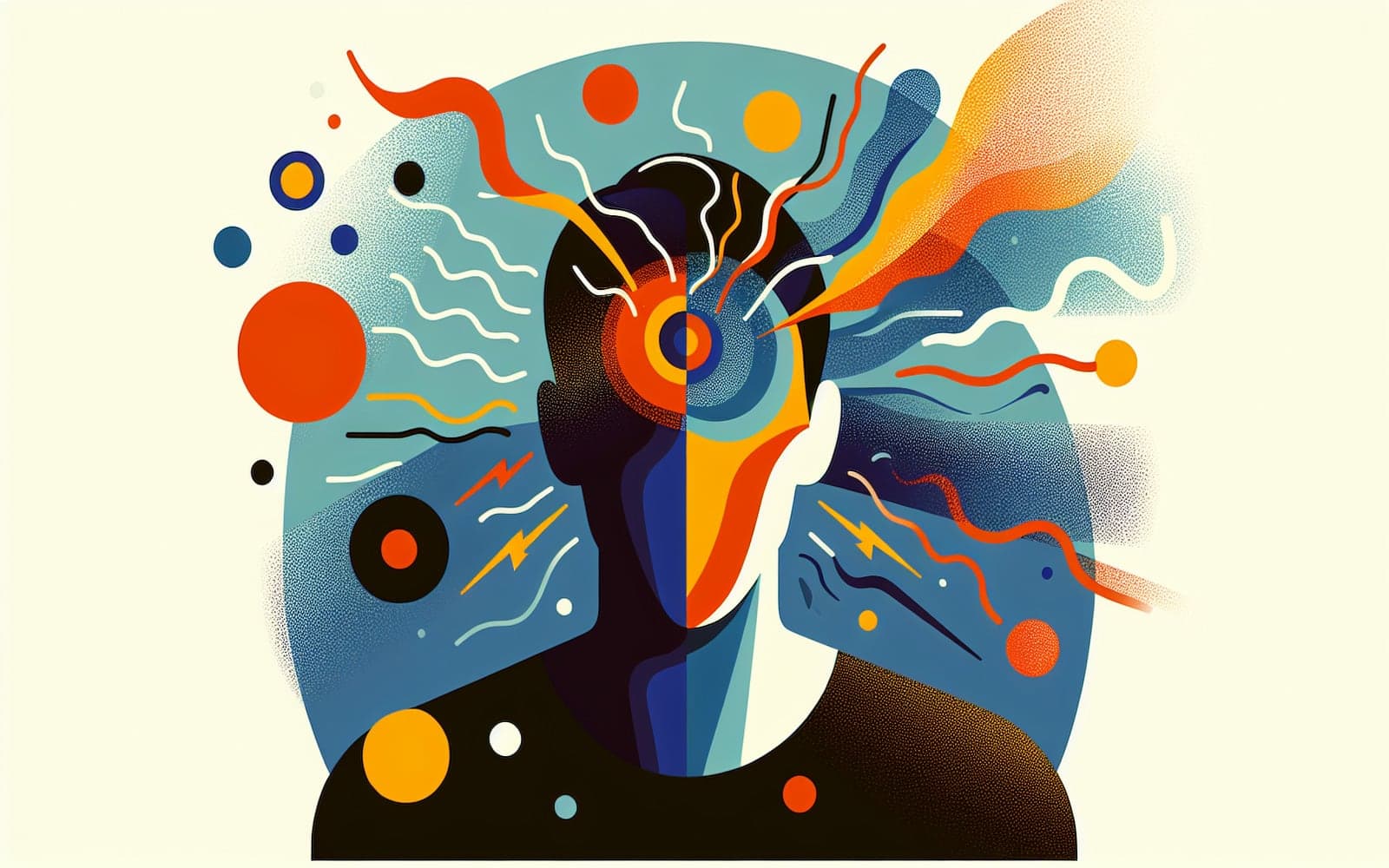What Causes Glossopharyngeal Neuralgia?
Published: Apr 19, 2024

Medically reviewed by Alan Lucks | MD, Alan Lucks MDPC Private Practice - New York on April 19th, 2024.
Glossopharyngeal neuralgia can be attributed to nerve compression and other factors causing intense facial pain.
Contents
Primary Cause: Nerve Compression
The most common cause of GN is the compression of the glossopharyngeal nerve by nearby blood vessels. This compression disrupts the nerve's myelin sheath, leading to the shock-like pain characteristic of GN. Vascular compression is often due to arteries like the posterior inferior cerebellar artery.
Secondary Causes
Other factors that can cause GN include tumors, infections, or trauma around the nerve's pathway. Conditions like Chiari malformation or Eagle syndrome can also lead to nerve compression. In some cases, no clear cause is identified, and this is termed idiopathic GN.

Diagnosis and Identification
Diagnosing GN involves imaging tests to identify nerve compression or other structural issues. MRI is commonly used to get a clear view of the brain and neck structures to determine the exact cause of the pain.
Frequently Asked Questions
The main cause is nerve compression by blood vessels.
Yes, tumors along the nerve path can cause GN.
GN is diagnosed through imaging tests like MRI.
Idiopathic GN means no clear cause is found.
Key Takeaways
Identifying the cause of GN is crucial for effective treatment.
Explore possible causes with Doctronic for a better understanding of GN.Related Articles
References
Koopman JS, Dieleman JP, Huygen FJ, et al. Incidence of facial pain in the general population. Pain 2009; 147:122.
Berckemeyer MA, Suarez-Meade P, Carcelen MFV, et al. Current advances in the surgical treatment of glossopharyngeal neuralgia. Neurosurg Rev 2023; 46:47.
This article has been reviewed for accuracy by one of the licensed medical doctors working for Doctronic. Always discuss health information with your healthcare provider.

